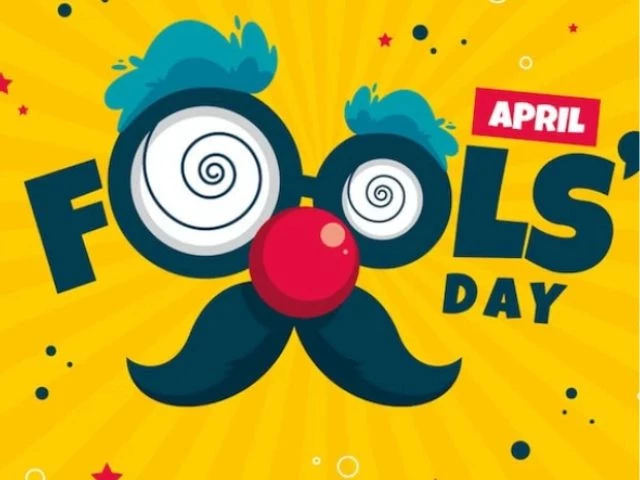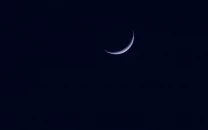Why is April Fools' Day celebrated on April 1?
The day has been observed for centuries.

April 1st is celebrated as April Fools' Day around the world, becoming a popular tradition in many cultures.
The day has been observed for centuries, with people playing pranks and jokes on others, and even modern TV shows and media outlets often partake by presenting false news in a humorous manner.
While the exact origins of April Fools' Day remain a mystery, there are several theories about how the tradition began.
One theory traces the origins back to 1582 when France switched from the Julian calendar to the Gregorian calendar, which changed the start of the new year from April 1st to January 1st.
Those who continued to celebrate the new year on April 1st, unaware of the change, were labelled as "April fools" and became the subject of jokes and pranks.
Another theory links April Fools' Day to the ancient Roman festival Hilaria, held on March 25th in honour of the goddess Cybele.
During this festival, people would dress up in costumes and play tricks on their fellow citizens. This playful tradition may have influenced the modern-day pranks associated with April Fools' Day.
Regardless of its origins, April Fools' Day has become a global event, celebrated by people of all ages who enjoy a little humour and harmless fun.



















COMMENTS
Comments are moderated and generally will be posted if they are on-topic and not abusive.
For more information, please see our Comments FAQ